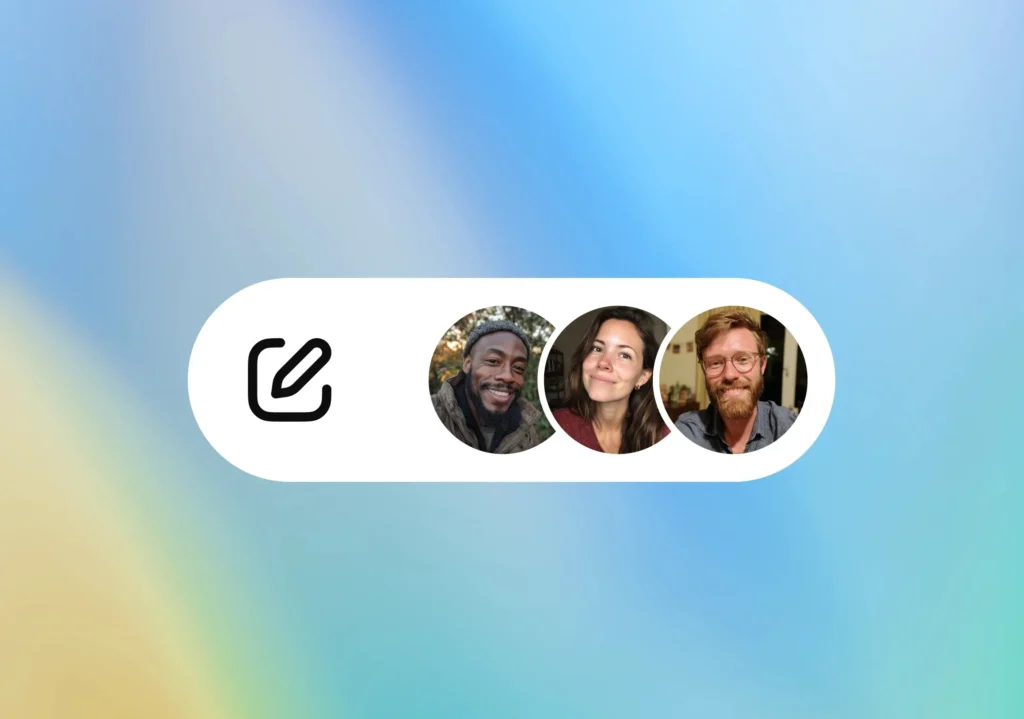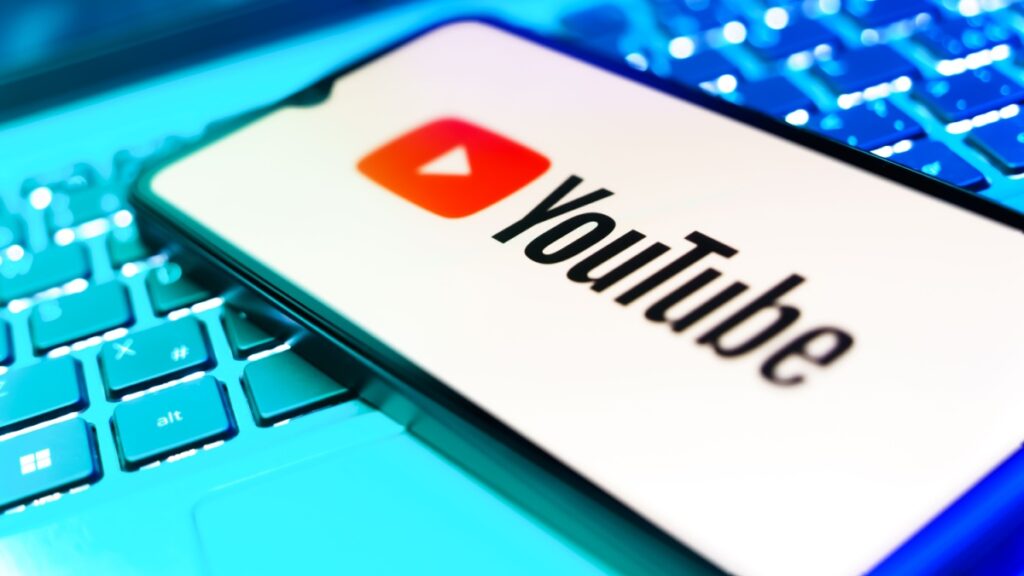ChatGPT deploys group chats worldwide
ChatGPT is no longer just an individual assistant. OpenAI is now rolling out group chats for ChatGPT globally, transforming the chatbot into a true collaborative space where up to 20 people can discuss, create, and make decisions with AI in real time.
This significant evolution brings ChatGPT closer to being a social platform as well as a productivity tool.
Up to 20 participants in a single ChatGPT conversation
After successful pilots in several countries, including Japan and New Zealand, this feature is now available to all users — Free, Go, Plus, and Pro.
Group chats in ChatGPT are now rolling out globally.
After a successful pilot with early testers, group chats will now be available to all logged-in users on ChatGPT Free, Go, Plus, and Pro plans. pic.twitter.com/vOWddj3vGy
— OpenAI (@OpenAI) November 20, 2025
The concept is simple: by tapping the “people” icon in the top right, ChatGPT duplicates your current conversation into a new group space. You can then add participants or share an invitation link.
During the first use, each member must set up a mini-profile (name, ID, photo) to make communication easier.
Importantly, adding a person never alters the original conversation. A new discussion is automatically created to preserve the history.
ChatGPT knows when to speak… and when to remain silent
OpenAI states that it has trained ChatGPT to “follow the flow” of a group conversation:
- The AI intervenes when it can provide useful information,
- it stays silent when humans are conversing among themselves,
- and it can be summoned by simply tagging “ChatGPT.”
It can also react to messages with emojis, analyze contributions from each participant, or generate personalized images based on profile pictures.
In terms of responses, groups utilize GPT-5.1 Auto, which automatically selects the best available model based on the group’s context.
Coordination, co-creation, research: new uses for collaborative ChatGPT
OpenAI sees this update as the beginning of a profound shift: ChatGPT is now no longer an individual tool but a framework for collective work.
The company envisions scenarios such as:
- groups organizing a trip and comparing options,
- friends co-writing a document,
- colleagues debating ideas or exploring research avenues,
- families planning an event.
In this context, ChatGPT alternates roles as assistant, search engine, synthesizer, or facilitator.
OpenAI already speaks of a future where AI will actively participate in group conversations, helping to coordinate actions or execute shared tasks.
Privacy: no shared memory among participants
Each user maintains their own settings. Personal memories are not utilized in group conversations, and ChatGPT never generates new memories based on these collective discussions.
This is an important choice, preventing personal information from being inadvertently exploited in a shared context.
ChatGPT: from chatbot to social platform?
This launch is part of a broader strategy. In September, OpenAI announced Sora, a social video creation app. Additionally, the release of GPT-5.1 two weeks ago further strengthened collaborative uses with its Instant and Thinking models.
With group chats, ChatGPT accelerates its transformation: it is no longer a private assistant, but a digital space where multiple people interact with AI simultaneously.
This shift could redefine how we collaborate — online, and in everyday life.




